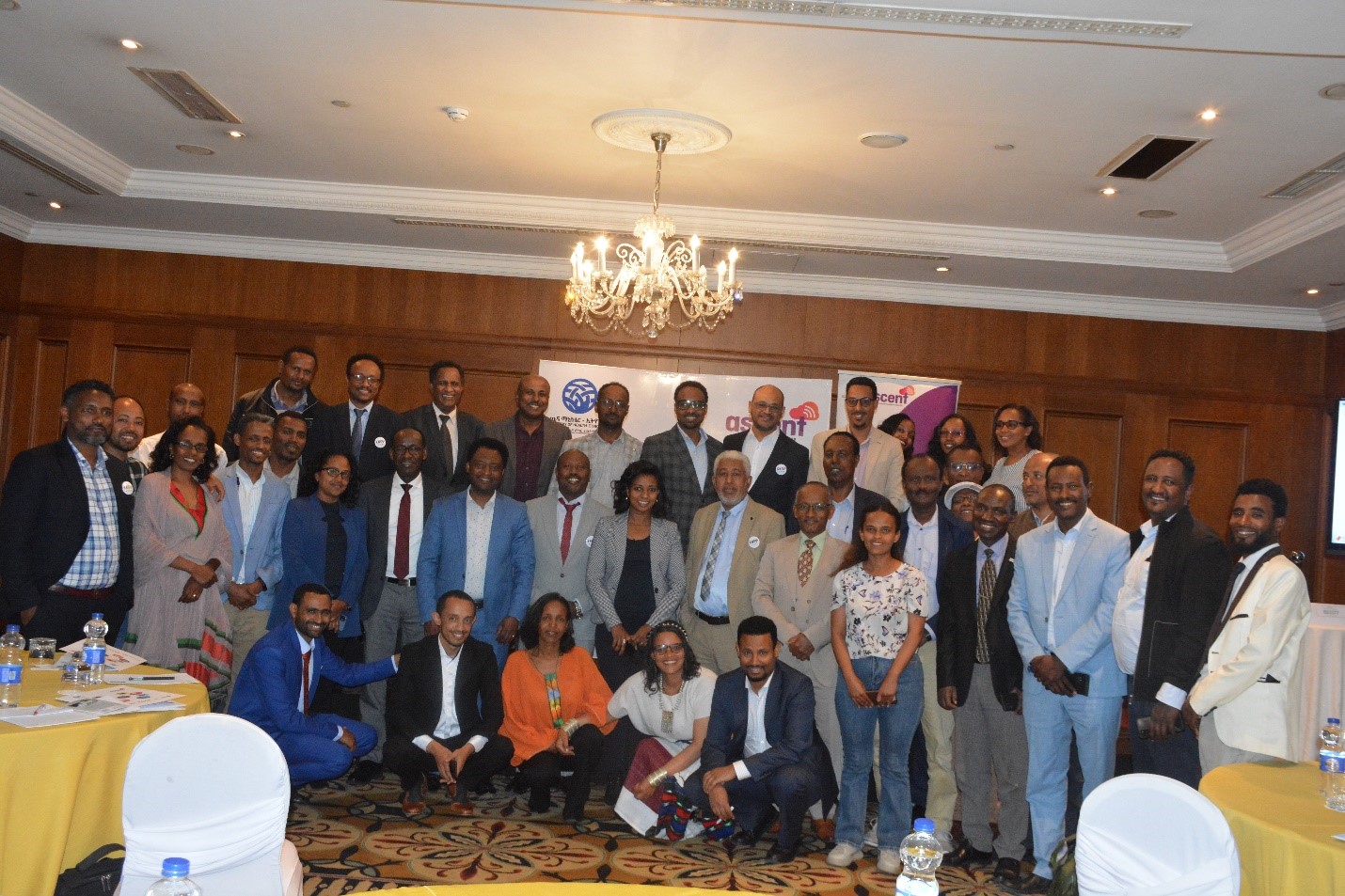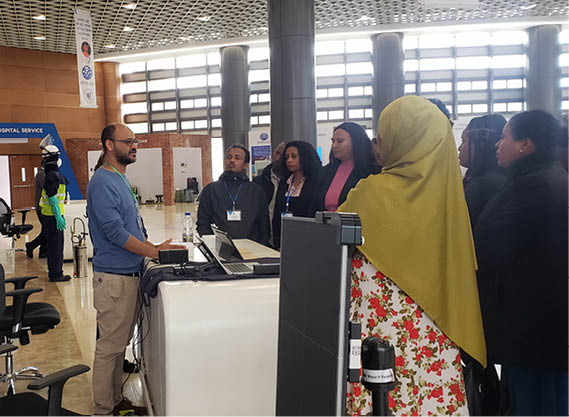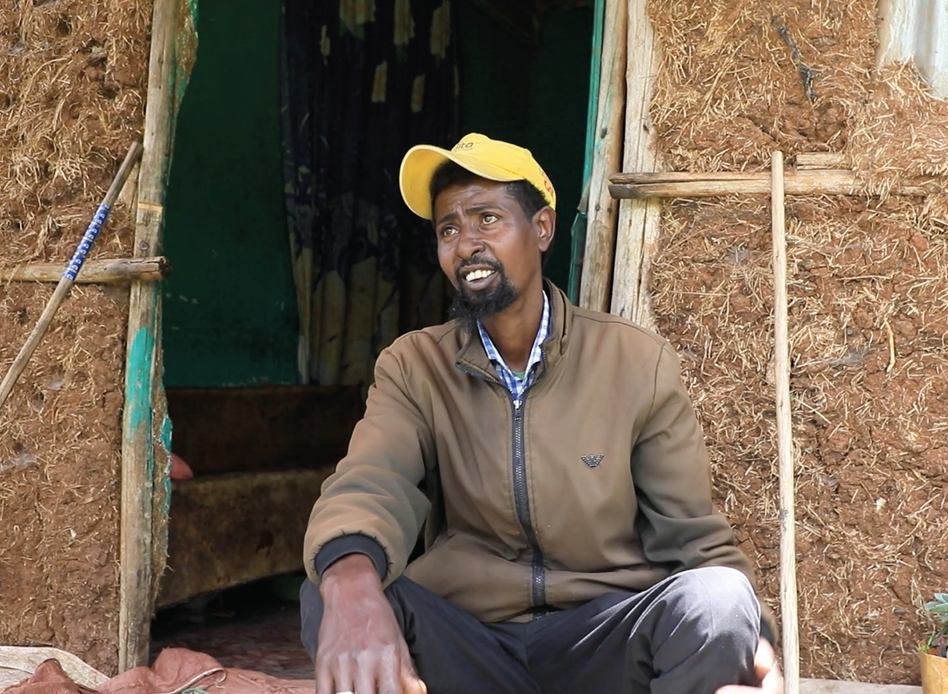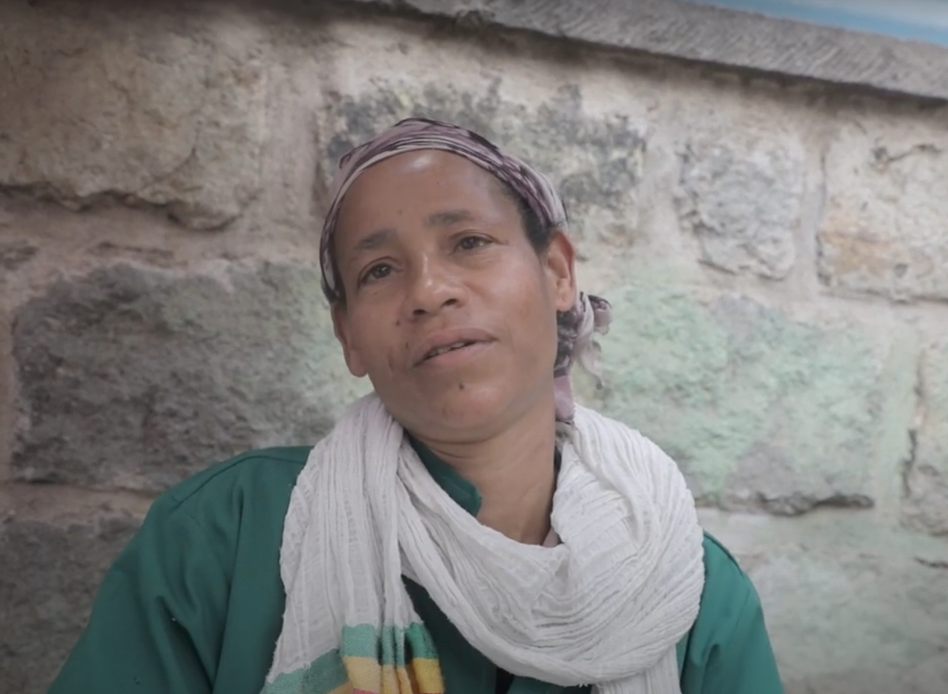The ASCENT project in Ethiopia
Ethiopia is one of the five countries where the ASCENT project was implemented. 78 health care facilities in the regions Addis Ababa and Oromia participated in the project. Participants and health care workers made use of digital adherence technologies to support people taking their TB treatment at home.
Health facilities participated
Health care workers trained
Persons enrolled on digital adherence technologies
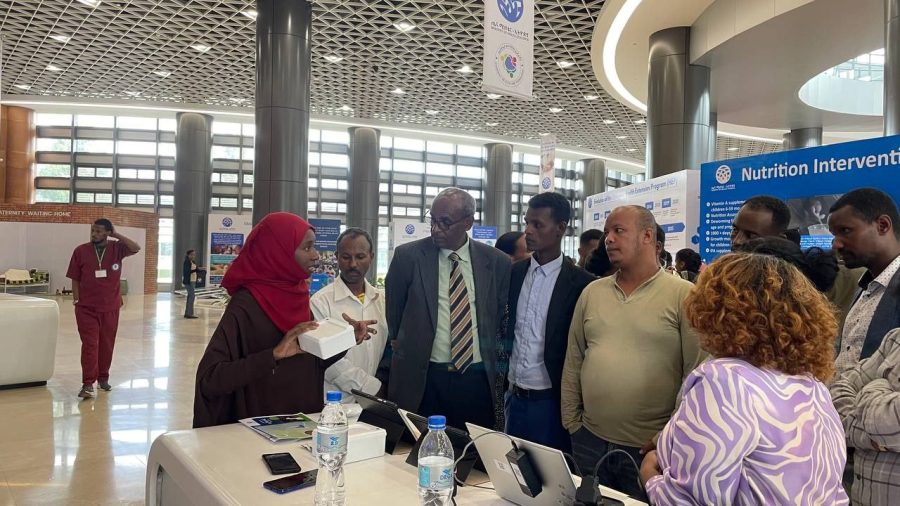

news & Stories from Ethiopia
ASCENT Ethiopia, Research Results Dissemination and Closeout Event
Results from Ethiopia reflect the usability and acceptability of DATs by TB care providers and people with TB, indicating the potential for wider adoption of DATs to support the TB care cascade throughout the region.
ASCENT Ethiopia presented DATs at the National Health Exhibition for six weeks
The national health exhibition organizing committee selected the ASCENT project for the National Health Exhibition to present Digital Adherence Technology.
Video: How Nugusse from Ethiopia got cured from tuberculosis using the smart pillbox
Nugusse, who rides horse drawn carriages for a living in Ethiopia, successfully completed his tuberculosis (TB) treatment using a digital adherence technology (DAT), provided by the ASCENT project.
Video: Tsedale from Ethiopia demonstrates the use of the medication label/sleeve for TB treatment
In this video, made in Ethiopia, Tsedale explains the advantages she experienced using a DAT, the medication sleeve/label, in comparison to DOT.
